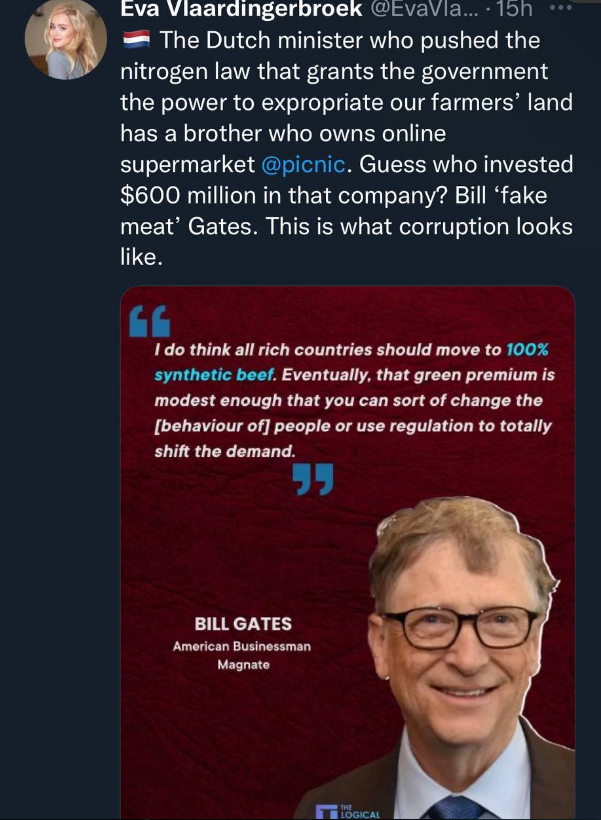The central contradiction of our times is the persistence of nation-States on the one hand and the compulsions imposed by an increasingly globalised and deeply interconnected world on the other. The salience of cross-national and global issues, such as the climate crisis, the proliferation of weapons of mass destruction, international terrorism, and pandemics, such as Covid-19, the issues of cyber security and safeguarding critical space-based assets, has increased dramatically over recent decades.

These challenges are global but have local impacts. They have domestic and external dimensions. Such challenges are not amenable to national or regional solutions, although their local manifestations require sound domestic policies and interventions. Then there are issues related to the global commons, which lie outside the jurisdiction of national governments but whose management is of collective concern.
For example, the health of oceans needs international agreements against the dumping of plastic waste and other hazardous and toxic materials, and strictly enforceable compliance procedures. Unfortunately, even the limited norms applicable are rarely observed. There are existing global regimes that need to be updated. New ungoverned domains require new institutions and procedures for effective management. The cyber domain is one such example. Despite cyber security threats impacting countries worldwide, there is no set of commonly agreed norms, let alone legally enforceable international agreements.
The current multilateral system is a legacy of the post-World War II order, centred on the United Nations (UN). It was based on the notion that peace is indivisible and must be upheld through the collective effort of its member-nations. A special responsibility devolved on the United Nations Security Council (UNSC) and its five permanent members, who constituted the most powerful countries in the post-war period. The veto they enjoyed over decisions of the UNSC was aimed at ensuring that its decisions on international peace and security would enjoy a broad consensus. However, it has long been evident that this post-war structure no longer reflects the current power equations. The United States may still be the world’s pre-eminent power and China a rising one, but Russia, the successor to the Soviet Union, is a much-diminished international actor. Neither the United Kingdom nor France are in the category of major powers.
The key emerging countries, whose role is critical in resolving global problems such as the climate crisis, find no place in decision-making. These include India. In 2004, a major initiative was launched to achieve permanent membership of the UNSC for India, Brazil, Germany, Japan and South Africa based on their rising international profile and role. However, the existing permanent members resisted this critical step towards modernising the UN and democratising its functioning. Restructuring of the UN is only possible with the consent of the current permanent members, but they are unlikely to give up the status they have enjoyed for the past 75 years and more.
Another significant problem relates to finance. The UN’s formal budget is calculated on its members’ assessed contributions based on their Gross Domestic Product (GDP). Currently, this income barely covers the running of the UN secretariat. As a result, the wide range of activities of the UN and its agencies, including peacekeeping, are undertaken through grants made by rich donor countries. It should come as no surprise that the UN’s activities are oriented towards the preferences of the donors and not targeted towards the priorities of larger constituency of developing nations. Developing countries in the category of middle powers, such as India, Indonesia, Brazil, South Africa and Mexico, for example, could reverse the domination of the UN system through enhanced contributions. Sadly, even these countries seek to influence UN activities in pursuit of their foreign policy aims rather than promote a relatively more autonomous UN.
Large multinational corporations are playing an increasingly influential role in critical areas of technology and public health. At over $5 trillion, the turnover of five big tech companies —Amazon, Google, Apple, Microsoft and Facebook — exceeds the GDP of some of the world’s largest economies. In addition, they run philanthropic foundations, and the UN has partnered with them to augment its financial resources. As a result, the activities of the UN and its agencies are influenced by the priorities and interests of these business entities, undermining the respect and credibility it enjoys as the world’s premier inter-governmental organisation.
Prime Minister Narendra Modi has declared that as chair of the G20, India will speak on behalf of the Global South, reflect on its concerns, and seek inclusive solutions. It is only multilateralism that can serve as a vehicle for inclusiveness. It is empowered international institutions that can ensure the implementation of inclusive solutions.
India has a rare opportunity to put its shoulder behind the wheel of UN reform and the reform of its finances. In the 21st century, the disconnect between the nature of cross-national and cross-cutting challenges the world confronts and the enfeeblement of the spirit of international solidarity that is indispensable to making multilateralism work can only be addressed through the urgent and meaningful reform of the UN and its associated system. Rather than look to the G20 as an alternative to the UN, the Indian goal should be to mobilise the G20 to achieve long-delayed UN reform.
Shyam Saran is a former foreign secretary, and an honorary senior fellow, CPR. The views expressed are personal















